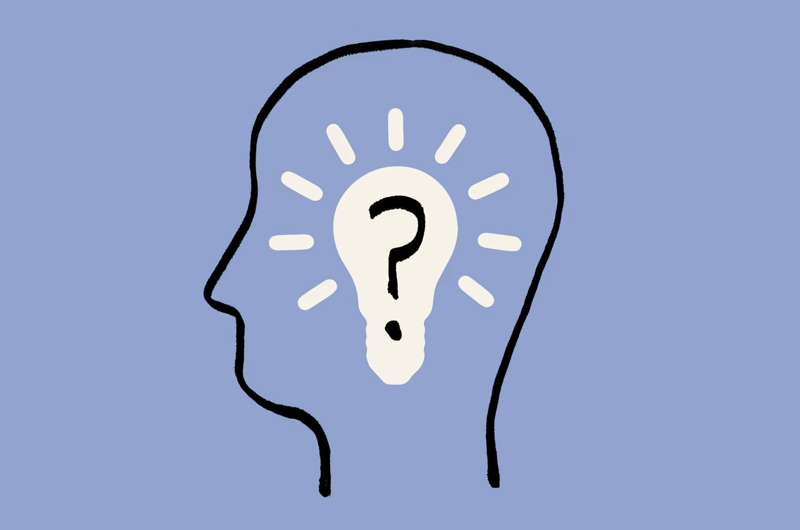Learn Fast, Not Fail Fast
You have very likely heard at some point the phrase “fail fast.” As. Product Manager this is probably something that has come up on more than one discussion – especially if you work at a tech company. But the truth is that failure doesn’t sound like a great thing. Nobody wants to fail, even when it could have its benefits. Leaders in conservative companies are more likely to be turned off by the idea of embracing failure. Perhaps, a different phrase would be more acceptable.
The “Fail Fast” Concept
Fail fast is an approach that aims at reducing the amount of time it takes to spot failures. It is about carrying out experiments freely and making learning that could improve our chances of achieving the desired result. The philosophy is about ensuring that, if something is wrong, it should fail fast and early. This allows us to study what went wrong and quickly make an improvement or choose a different course of action.
We start working on a project while also gathering feedback immediately for us to quickly decide whether to continue with the work, adapt, or terminate it. This clearly helps to identify what works or doesn’t early, with this capable of helping to preserve our limited resources. This term is widely used in the business world and dates back to the early 2000s or earlier. Eric Ries used it in the book “The Lean Startup.”
Working successfully with this philosophy is more likely in organizations where failures aren’t frowned at. Teams need to feel free to fail and then take what lessons they can from failures to do better.
Let’s Learn Fast
Failing fast isn’t as bad as it might appear to the uninitiated. So what’s the problem with this term? As noted in the intro, the average person is not easily open to the idea of failures. Who sets out on a venture to fail? It is, therefore, not surprising for some people to cringe at the idea of embracing failure.
Most traditional companies would rather stick to what they have tried and tested than some ideas that could end in failures. It is important to do away with the culture of celebrating successes and frowning at all cases of failures. Rather, we should be more open to seeing failures as learning. It will help to replace the philosophy of success and failure with that of learning.
One problem with the fail fast concept is that some people might use it as an excuse for poor ideas or shoddy jobs. While teams should be allowed the freedom to fail, some errors should really be frowned at. Failing fast is not about making mistakes that could have been avoided.
It might make a difference to start talking more about learning fast from failures, not just about failing fast. This is even with the realization that the terms are more or less the same. Failing fast is intended to help us learn quickly and know what’s working or not before spending too much money.
A learn fast mindset keeps us from criticizing people that bring ideas that don’t work. We would rather emphasize the lessons that an experience affords us. Failures actually help us to identify the wrong ways to do things. They can aid us in succeeding faster in a future attempt. We learn the most during product discovery through the various activities that are involved. Without spending too much, the process helps to quickly identify ideas that work or don’t.
Failing Fast isn’t Bad
The idea underlying failing fast is by no means awful, as we have seen. Failures are steps to innovation. If we are trying to do something that has never been done, we are likely to fail (at least once) along the line. Lack of failure might suggest that we aren’t trying to be innovative that much. The strategy encourages us to do extensive testing to quickly spot failures. It may only help to not appear to be encouraging avoidable errors; hence, the emphasis on learning fast.
There are many notable examples of people and companies that recorded huge successes following initial failures. Apple is an example of such. For instance, lessons from the American company’s failed Newton PDA could be said to have played a part in the successes of the iPhone and iPad. We should, therefore, learn to embrace failures. They can be stepping stones to greater things. What’s important is that we take what we can learn from each experience. When we fail early, we get a chance to quickly know what works or doesn’t.
It is worth reiterating that the failing fast concept is no excuse for avoidable errors. Going ahead to ship a product that fails due to insufficient validation and testing is a preventable gaffe. However, discovering that a prototype doesn’t measure up in user testing cannot be regarded as a failure but a lesson.


